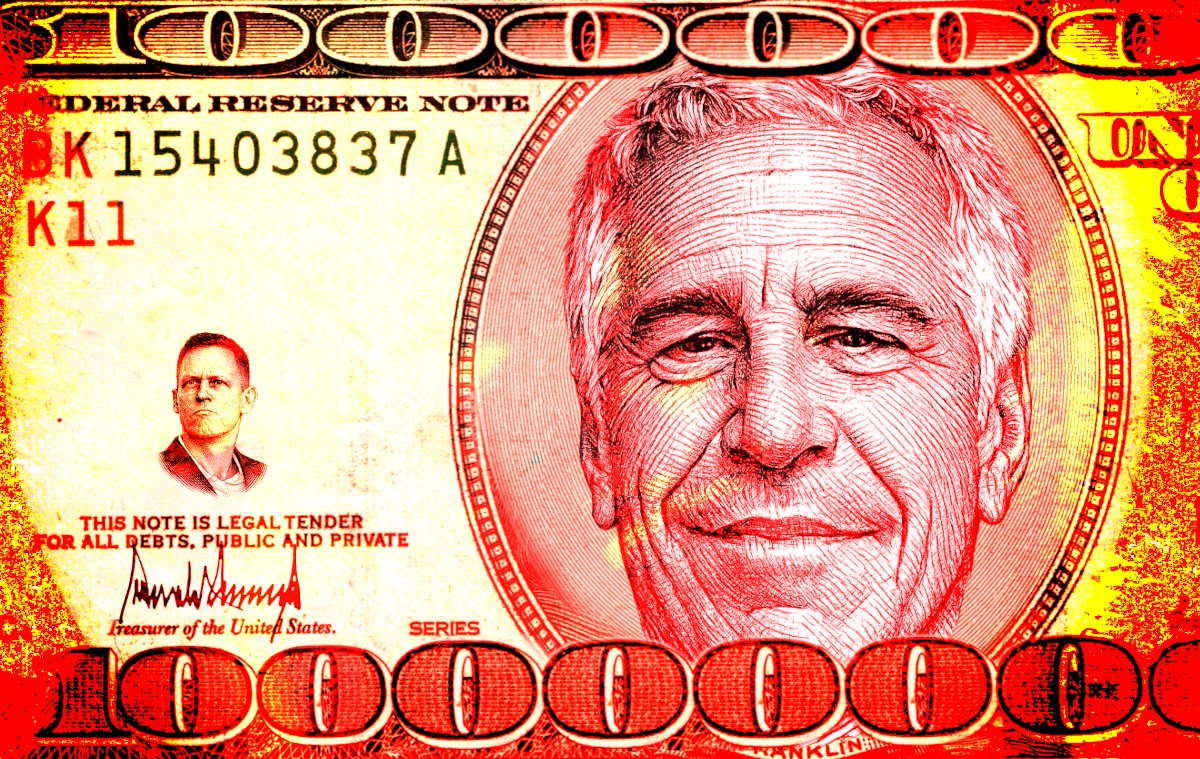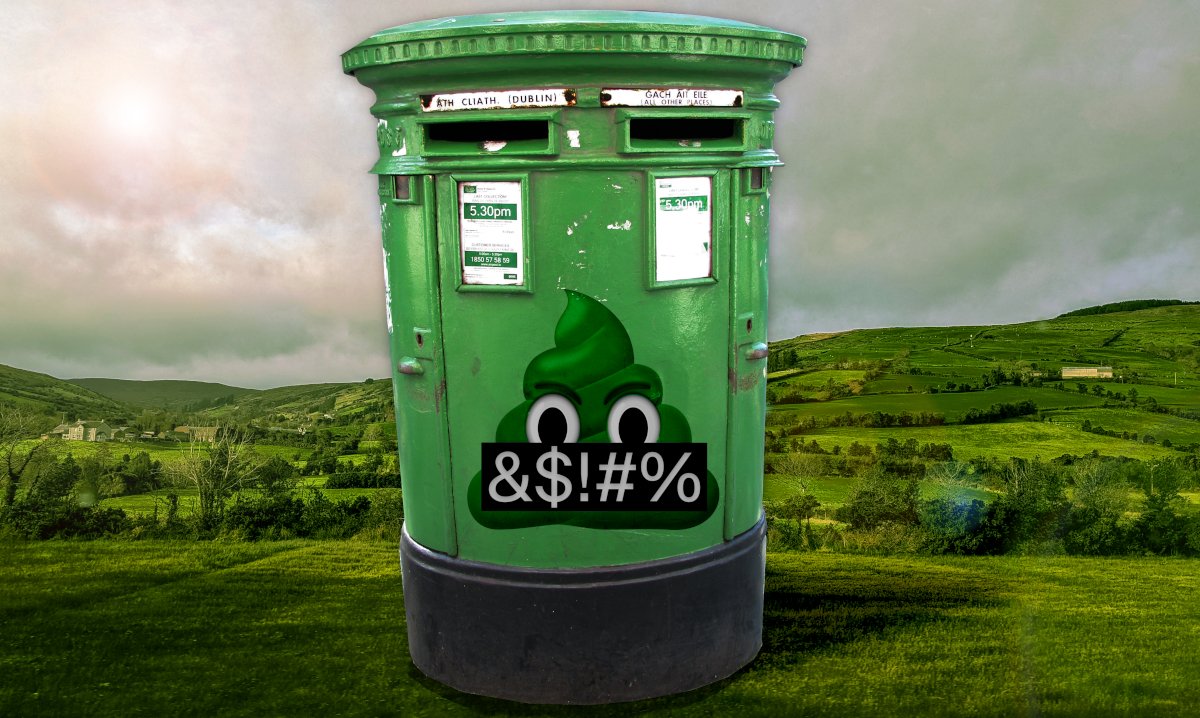Shelter is a human right and a necessity for human thriving. The choice to turn speculation on our homes into a path to social mobility inevitably led to the crash of 2008 and 3.7 million US foreclosures.
gen.medium.com/the-rents-too-… 1/
gen.medium.com/the-rents-too-… 1/

In the Great Financial Crisis, Obama administration bailed out banks, not borrowers, giving banks capital to buy those foreclosed homes in bulk. This was only accelerated by the Trump covid bailot, which sent trillions into the finance industry.
pluralistic.net/2022/01/27/ext… 2/
pluralistic.net/2022/01/27/ext… 2/
Wall Street landlords are the worst. There's a Wall St landlord playbook: deep cuts to maintenance that leave homes all but uninhabitable; scorching rent-hikes; and mass evictions any time a tenant balks at either measure.
memex.craphound.com/2018/07/30/wal… 3/
memex.craphound.com/2018/07/30/wal… 3/
Wall Street landlords are extracting never-seen levels of profit from their "investments" in our homes; some of that money is being laundered into policy that makes it possible for them to extract even higher profits. 4/
That's the "political" in "political economy": profits are turned into policy, policy increases profits.
pluralistic.net/2022/02/03/liq… 5/
pluralistic.net/2022/02/03/liq… 5/
The Wall Street landlord lobby spent much of the fortune it extracts from tenants to mak tenants' lives worse - making eviction easier, killing rent control. All in addition to the usual landlord leverage: "Do as I say, or live in a cardboard box."
pluralistic.net/2021/04/02/inn… 6/
pluralistic.net/2021/04/02/inn… 6/
Much of the reporting on Wall Street landlords has focused on single-family homes (including my own). 7/
But today on @propublica, @hvogell gives us a deeply reported, enraging look at how private equity slumlords are using public money to buy up and destroy apartment buildings, at great profit.
propublica.org/article/when-p… 8/
propublica.org/article/when-p… 8/
There are many kinds of Wall Street landlord; the sector is dominated by Real-Estate Investment Trusts (REITs), a favored vehicle for offshore money-laundering, especially popular among foreign kleptocrats who smuggle their loot out of their homelands:
memex.craphound.com/2020/01/06/eve… 9/
memex.craphound.com/2020/01/06/eve… 9/
But as bad as REITs are, they still make better landlords than private equity companies. Unlike REITs, which are an ongoing concern, PE funds close out every ten years or so and have to realize all their profits before they do. 10/
This turns PE into industrial-scale house-flippers, obsessed by short-term gains without any regard for the long-term consequences. 11/
PE giants aren't just buying up single-family homes; they're buying apartment buildings at an incredible rate, in deals that involve both individual buildings and taking over REITs and their entire portfolios. 12/
These are *wildly* profitable investments: while REITs generate 4.33% annually on their residential properties, PE companies squeeze *20%* profits out of those same buildings.
That's a great deal, if you're part of the investor class with a share in the PE company. 13/
That's a great deal, if you're part of the investor class with a share in the PE company. 13/
But if you're a tenant, those excessive profits are coming at your expense - at the cost of your living conditions and your pocketbook.
Start with your living conditions. Vogell uses San Francisco's Olume building - transferred from Monogram - an REIT - to Greystar in 2017. 14/
Start with your living conditions. Vogell uses San Francisco's Olume building - transferred from Monogram - an REIT - to Greystar in 2017. 14/
Under Greystar's management, the Olume went from a delightful place to live to a dangerous slum, even as rents skyrocketed.
Tenants whose appliances broke down were given replacements scrounged from empty units. 15/
Tenants whose appliances broke down were given replacements scrounged from empty units. 15/
Their broken units were never repaired, and when the replacements broke down they were replaced with the broken units the tenants had previously phoned in. 16/
Eventually, Greystar stopped fixing appliances altogether. As the washing machines in Olume's apartments failed, Greystar directed tenants to wander the hallways, checking for unlocked, empty apartments with working machines. 17/
Greystar cut way back on the Olume's trash collection and then failed to clean up the inevitable drifts of rotting garbage that collected in the hallways. The common spaces deteriorated due to lack of maintenance. 18/
Security was slashed and broken locks weren't replaced; strangers started to appear in the hallways and parking garage.
The city recorded waves of complaints against the Olume. Inspectors documented broken-down HVAC systems and, ominously, fire suppression systems. 19/
The city recorded waves of complaints against the Olume. Inspectors documented broken-down HVAC systems and, ominously, fire suppression systems. 19/
Even as the Olume was rotting under neglect from its new PE owners, the cost of living in the Olume skyrocketed. One tenant's 535 sqft apartment went from $2,800 to $3,400. 20/
But this doesn't tell the whole story: Greystar followed the PE price-gouging playbook, finding all kinds of ways to squeeze its tenants - for example, the annual fee for keeping a pet in your apartment went up by 25%. 21/
PE companies are notorious for these hidden fees, and for a tactic called "pyramiding," where fees stack up on fees, so that your effective rent goes up *every month*. 22/
All of this was great business for Greystar. Within two years, it had increased its annual profits on the Olume to $2,330,407 - a 24% increase over the previous owners' take. 23/
Greystar is on a buying spree, but it's mostly not spending its investors' money. Rather, it is the beneficiary of enormous public subsidies in the form of low-interest loans from Freddie Mac, a company chartered by Congress and backed by the US government. 24/
Freddie Mac has been firehosing money on private equity companies buying up apartment buildings: "Large private equity firms accounted for 85% of Freddie Mac’s 20 biggest deals financing apartment complex purchases by a single borrower." 25/
Just a handful of PE companies are the primary beneficiaries of $16b of Freddie Mac's largesse: Greystar, Lonestar, Starwood, Brookfield and Harbor Group. 26/
This free money has helped restructure the American landlord industry. In 2015, just under half of America's apartment buildings were owned by individuals. Today, it's 41% - and falling. 27/
Freddie Mac's mission is to promote "liquidity, stability and affordability to the housing market." But the "liquidity" part has trumped stability and affordability in its daily operations. 28/
Rather than, say, giving cheap loans to tenants who want to buy their buildings and turn them into nonprofit co-ops, Freddie Mac uses its government-backed loans to subsidize rent-gouging PE slumlords. 29/
The cycle goes around and around: the profits from slumlording are turned into slumlord-favorable policies. Blackstone - one of the country's leading Wall Street slumlords - used $6.2m of its tenants' money to fight a 2018 California ballot rent control initiative. 30/
That victory let it continue to raise rents and amass an even larger warchest to fight for even worse conditions for tenants. 31/
Image:
Sam valadi (modified)
flickr.com/photos/1320845…
Carlos Delgado (modified)
commons.wikimedia.org/wiki/File:Wall…
CC BY 2.0:
creativecommons.org/licenses/by/2.… 32/
Sam valadi (modified)
flickr.com/photos/1320845…
Carlos Delgado (modified)
commons.wikimedia.org/wiki/File:Wall…
CC BY 2.0:
creativecommons.org/licenses/by/2.… 32/
ETA - If you'd like an unrolled version of this thread to read or share, here's a link to it on pluralistic.net, my surveillance-free, ad-free, tracker-free blog:
pluralistic.net/2022/02/08/wal…
pluralistic.net/2022/02/08/wal…
• • •
Missing some Tweet in this thread? You can try to
force a refresh










